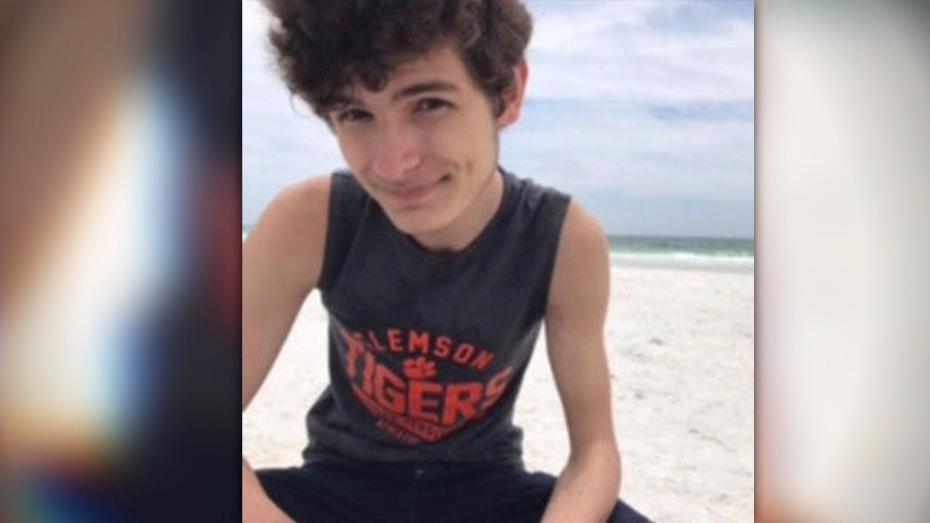Police in South Carolina have announced that a missing 16-year-old boy has been found dead.
Officials with the Greer Police Department said on Wednesday, May 15, that the body of Logan James had been found, according to Fox Carolina.


Police in South Carolina have announced that a missing 16-year-old boy has been found dead.